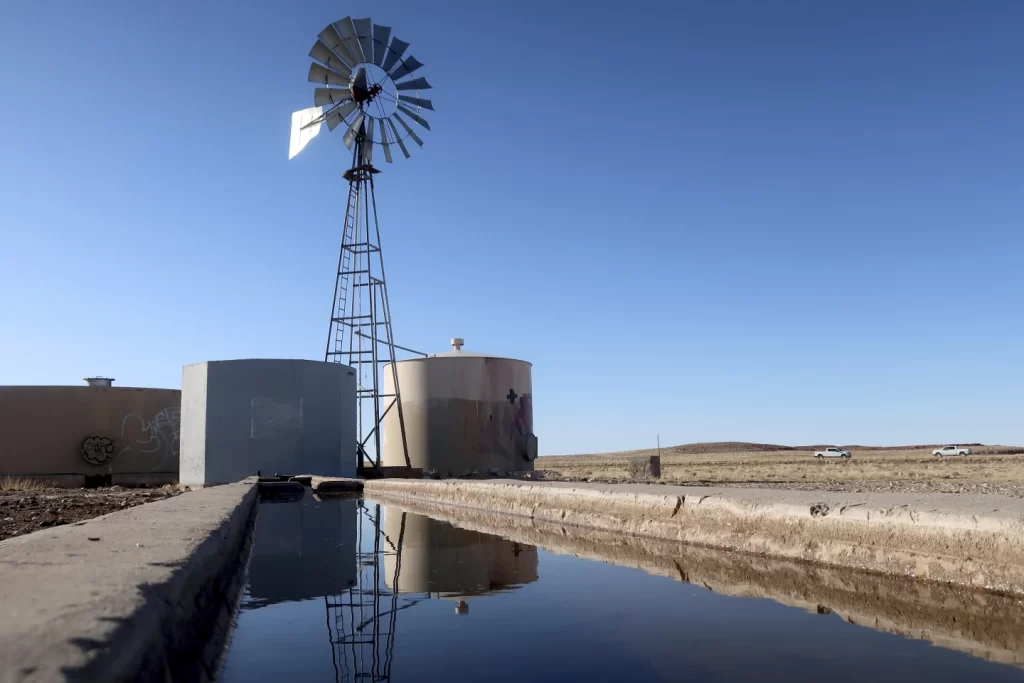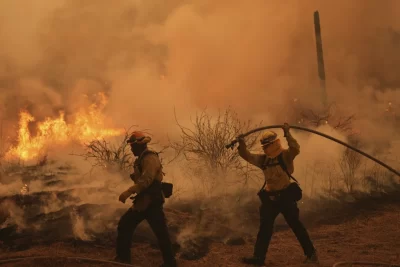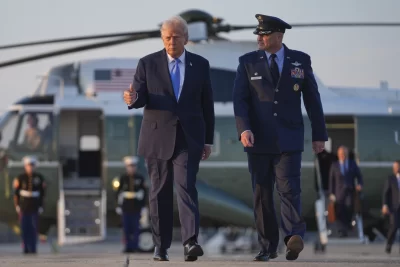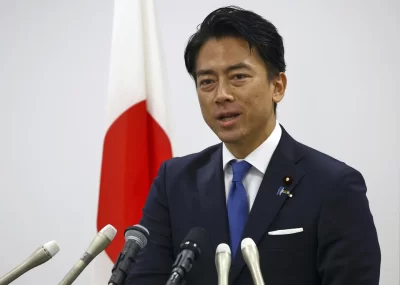
LEUPP, Ariz.— A proposed water rights settlement for three Native American tribes that carries a price tag larger than any such agreement enacted by Congress has taken a major step forward with its introduction to the Navajo Nation Council.
The Navajo Nation has one of the largest single outstanding claims in the Colorado River basin and will vote soon on the measure in a special session. It’s the first of many approvals — ending with Congress — that’s needed to finalize the deal presented on Monday.
Climate change, the coronavirus pandemic and demands on the river like those that have allowed Phoenix, Las Vegas and other desert cities to thrive pushed the tribes into settlement talks. The Navajo, Hopi and San Juan Southern Paiute tribes are hoping to close the deal quickly under a Democratic administration in Arizona and with Joe Biden as president.
A landmark 1922 agreement divided the Colorado River basin water among seven Western states but left out tribes. The tribes are seeking water from a mix of sources: the Colorado River, the Little Colorado River, aquifers and washes on tribal lands in northeastern Arizona.
Nearly a third of homes in the Navajo Nation — spanning 27,000 square miles (70,000 square kilometers) of Arizona, New Mexico and Utah — don’t have running water. Many homes on Hopi lands are similarly situated.
San Juan Southern Paiute will vote on the settlement within weeks, tribal President Robbin Preston Jr. said in an email. Along with guaranteed water deliveries, the tribe is asking Congress to approve a treaty it signed with the Navajo Nation in 2000 establishing an 8.4 square-mile (21.8 square-kilometer) reservation within the Navajo reservation.
“We will have economic opportunities that our tribal members have never seen before, and which will give hope and pride to our people,” Preston said.
The Hopi Tribal Council will consider the settlement during a meeting on May 20.
Without a settlement, the tribes would be at the mercy of courts. Already, the U.S. Supreme Court has ruled that the federal government is not bound by treaties with the Navajo Nation to secure water for the tribe. Navajo has the largest land base of any of the 574 federally recognized tribes and is second in population with more than 400,000 citizens.
A separate case that has played out over decades in Arizona over the Little Colorado River basin likely will result in far less water than the Navajo Nation says it needs because the tribe has to prove it has historically used the water. That’s hard to do when the tribe hasn’t had access to much of it, Navajo Attorney General Ethel Branch said.
Congress has enacted nearly three dozen tribal water rights settlements across the U.S. since 1978. Federal negotiation teams are working on another 22 settlements involving 34 tribes in nine states, the Interior Department said.
The costliest one enacted by Congress was for the Confederated Salish and Kootenai Tribes in Montana at $1.9 billion. The Navajo, Hopi and San Juan Southern Paiute tribes are seeking more than $5 billion in their settlement.







